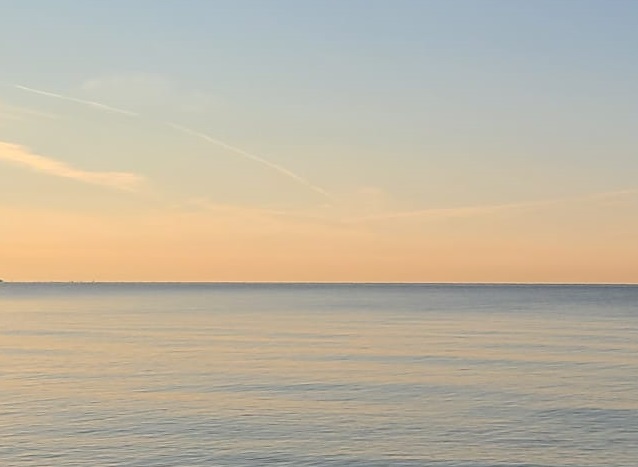I have not posted in a while. It has been a confusing time. I knew I had to start with COVID yet I couldn’t find the words. The thread of confidently connecting with my writing ended in April 2020 with suggestions on how to keep positive and active during COVID-19.
https://www.northyorkpsychotherapist.com/10-ideas-for-how-to-enjoy-your-stay-at-home/
Before then, on February 10, 2020, in an interview with Global News anchor Farah Nasser regarding the imposed quarantine on the Canadian travelers stranded on cruise boats, I said:
“To understand the impact of isolation on humans, we start with the basic premise that we need social contact to thrive. We know that people who have strong social ties live longer, are happier, and are physically more resilient. Isolation removes these natural elements of human existence and causes anger, fear, and depression. When isolated, we are forced to adapt. Our physical and psychological systems are required to readjust to the new environment. An active and mentally stable person when put in isolation, will naturally change their functioning to cope with the stress.”
I identified the following groups as most at risk: people predisposed to anxiety or who have experienced trauma, people who travel alone, and high-conflict units – couples or families.
Three and a half years have passed since I confidently made that analysis. At the time, I applied it to the experience of a very small group of people and never suspected that this would become a universal reality. The final question at the interview was: Is it possible that some may experience post-traumatic stress disorder (PTSD) following their release?
“Of course“, I answered. “Any strong feelings that remain unresolved at the time of their occurrence or soon after, hold the potential to reoccur in the form of post-traumatic symptoms. Memories can be relived and the accompanying feelings can cause distress for months and years after”.
For many, the word “covid” still triggers fear, worry, upset, and anger. We are still in the COVID period. It is still hard to gain a full perspective. We are still feeling the physical and mental effects of the physical and social trauma we experienced, and we are still coping. While life has returned to normal, nothing feels like it did before the COVID period. In February 2020, we were worried about two weeks of unprecedented isolation. Three and a half years later, we know what COVID-19 means to each of us. From missing a high school celebration to skipping a wedding ceremony to small children and university students missing out on precious experiences, to disconnecting from coworkers and elderly parents to becoming ill or losing a close one. Adjusting, complying, coping, seeking islands of aliveness and connection, holding, waiting. Or protesting, raging, and losing faith. Or quietly appreciating the opportunities to do what our busy lives did not allow us to do before. We changed, each in our own way through our unique COVID experience. I wonder, though, if, despite the identifiable positives some of us experienced, there is a change similar amongst all of us: our decreased confidence in our shared human experience on this planet at this moment in time. This includes the trust that we are safe, that we can reach and maintain peace, and the belief that the future will be better than today – all essentials for a positive existence. We have been shaken, yes. We experienced loss. We felt powerless and scared. It happened. And we need to begin emerging from it in a conscious, intentional, deliberate way as if our lives depend on it.

